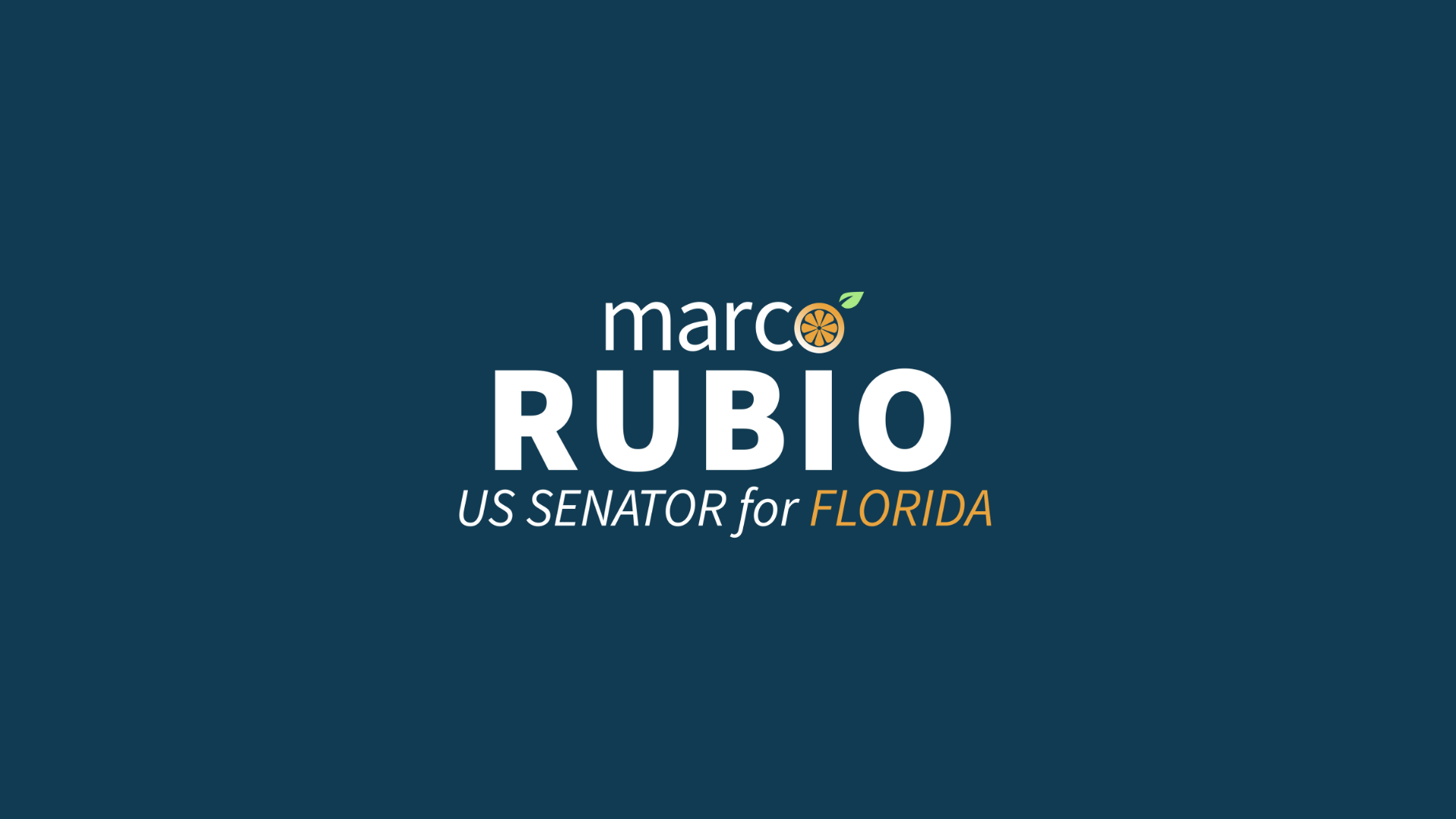Source: United States Senator for Florida Marco Rubio
Washington, D.C. — U.S. Senator Marco Rubio (R-FL) joined Senators John Thune (R-SD), Steve Daines (R-MT), Mike Crapo (R-ID), and Senate Republican Leader Mitch McConnell (R-KY) in urging President Biden to abandon his effort to impose a capital gains tax increase on family-owned businesses, farms, and ranches. Repealing this part of the tax code would have a devastating impact on multi-generational operations, which could lead to job losses, liquidation, or outright closure.
“These [proposed] changes are a significant tax increase that would hit family-owned businesses, farms, and ranches hard, particularly in rural communities,” the senators wrote. “These businesses consist largely of illiquid assets that will in many cases need to be sold or leveraged in order to pay the new tax burden. Making these changes could force business operators to sell property, lay off employees, or close their doors just to cover these new tax obligations. The complexity and administrative difficulty of tracking basis over multiple generations and of valuing assets that are not up for sale will lead to colossal implementation problems and could also lead to huge tax bills that do not accurately reflect any gains that might have accumulated over time. As you will recall, a proposal to reach a similar outcome by requiring an heir to ‘carry-over’ the decedent’s tax basis was tried before in 1976—and failed so spectacularly it never came into effect. It was postponed in 1978 and repealed in 1980.”
Rubio, Thune, Daines, Crapo, and McConnell were joined in sending the letter by the entire Senate Republican caucus.
The full text of the letter is below:
Dear President Biden,
We appreciate your efforts to address America’s infrastructure challenges, but the cost of these investments should not be borne by family-owned businesses, farms, and ranches across the country. We are concerned that your American Families Plan proposes to make drastic changes to the taxation of capital income, including a longstanding tax provision that prevents family-owned businesses, farms, and ranches from being hit with a crippling tax bill when a family member passes away.
Under current law, passing down a family business to the next generation does not impose a capital gains tax burden on the business or its new owners. Rather, the decedent’s tax basis in the business is “stepped-up” to fair market value, preventing a large capital gains tax bill on the growth in the business’s value. If the functional benefit of the step-up in basis were eliminated and transfers subject to the estate tax also become subject to income tax, as you have proposed, many businesses would be forced to pay tax on appreciated gains, including simple inflation, from prior generations of family owners—despite not receiving a penny of actual gain. These taxes would be added to any existing estate tax liability, creating a new backdoor death tax on Americans.
These changes are a significant tax increase that would hit family-owned businesses, farms, and ranches hard, particularly in rural communities. These businesses consist largely of illiquid assets that will in many cases need to be sold or leveraged in order to pay the new tax burden. Making these changes could force business operators to sell property, lay off employees, or close their doors just to cover these new tax obligations. The complexity and administrative difficulty of tracking basis over multiple generations and of valuing assets that are not up for sale will lead to colossal implementation problems and could also lead to huge tax bills that do not accurately reflect any gains that might have accumulated over time. As you will recall, a proposal to reach a similar outcome by requiring an heir to “carry-over” the decedent’s tax basis was tried before in 1976—and failed so spectacularly it never came into effect. It was postponed in 1978 and repealed in 1980.
Further, the proposed “protections” simply delay the tax liability—rather than provide any real tax relief—for those continuing to operate the business, farm, or ranch. In fact, these protections create new “lock-in” effects that could make any eventual changeover in operation or transfer of the business financially untenable. Imposing a tax increase on hardworking Americans would harm the economic recovery from COVID-19 and endanger American jobs. A recent study by E&Y found that eliminating the benefit of a step-up in basis would cost the U.S. economy 80,000 jobs each year over the next decade—and an additional 100,000 jobs per year in the long run. Additionally, for every $100 in revenue raised by this tax increase, $32 would come directly from the pockets of American workers. A study by the Texas A&M Agricultural and Food Policy Center reached equally unsettling conclusions, determining that 98 percent of the representative farms in its 30-state database would be impacted by a proposal to eliminate the benefit of the step-up in basis, with average additional tax liabilities totaling $726,104 per farm.
We respectfully urge you to reconsider your proposal to repeal this important part of the tax code. Preserving step-up in basis would save American jobs and ensure that small businesses, farms, and ranches across the country can stay in their families for generations to come.
Sincerely,
